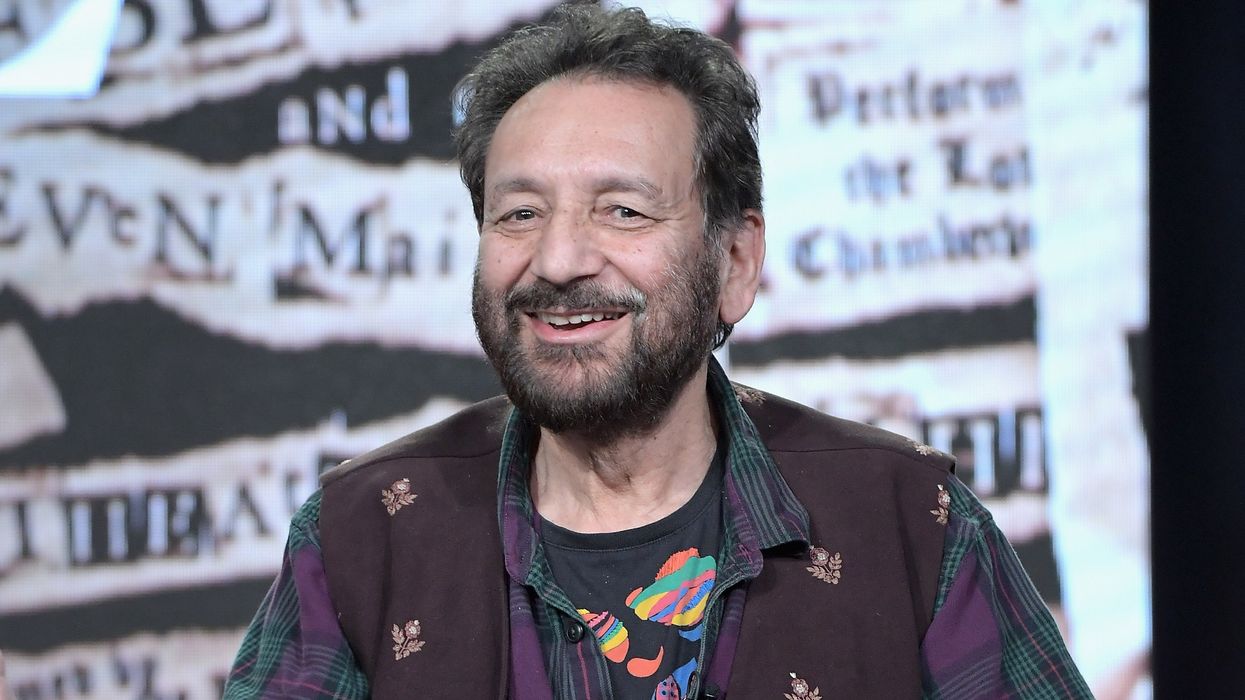Filmmaker Shekhar Kapur has expressed his frustration over the changes made to his 1994 film Bandit Queen on Amazon Prime Video, claiming it has been edited beyond recognition without his consent. His remarks came after he praised the Netflix miniseries Adolescence for its innovative storytelling, pointing out the creative limitations faced by Indian filmmakers.
Kapur took to social media to commend Adolescence, calling it a game-changer in storytelling. He noted that the series defies traditional narrative structures and allows viewers to deeply connect with its characters. However, while applauding the British crime drama, he also raised concerns about the restrictions imposed on Indian creators by streaming platforms.
Sudhir Mishra, another acclaimed Indian filmmaker, responded to Kapur’s praise, lamenting that such bold storytelling would not be permitted in India. He pointed out that Indian directors often struggle to create content that pushes boundaries, as they are subjected to excessive restrictions. According to Mishra, the only way to achieve such creative freedom in India is through independent films that follow their own path without external interference.
Kapur furthered the discussion by questioning whether streaming platforms would have allowed him to make Bandit Queen today under the same conditions he had decades ago. He strongly criticised Amazon Prime Video for significantly altering the film without his approval. “The Bandit Queen on Amazon Prime is unrecognisable. Someone has cut it beyond recognition, yet it still carries my name as the director. And no one asked me! Would they have the guts to do this to a Christopher Nolan film without his permission?” he wrote.
Kunal Kohli also weighed in on the matter, arguing that while Kapur now has the freedom to experiment due to his international success, such opportunities would not have been available to him before Bandit Queen. Hansal Mehta added that Indian filmmakers are often side-lined in favour of Western creators, emphasising the ongoing struggle for creative autonomy.
Bandit Queen, based on the life of Phoolan Devi, was critically acclaimed and won the National Film Award for Best Feature Film in Hindi. It was also India’s official entry for Best Foreign Language Film at the 67th Academy Awards but did not secure a nomination. Kapur’s comment has reignited the debate about artistic freedom and the power streaming platforms wield over filmmakers in India.





